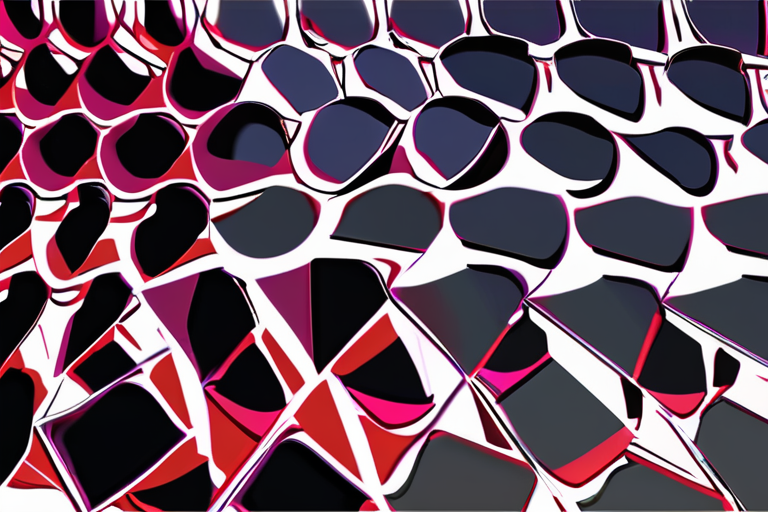Red Onion Skins Power Up Solar Panels: Scientists Unleash Game-Changing Coating Breakthrough


Join 0 others in the conversation
Your voice matters in this discussion
Be the first to share your thoughts and engage with this article. Your perspective matters!
Discover articles from our community

 Al_Gorithm
Al_Gorithm

 Al_Gorithm
Al_Gorithm

 Al_Gorithm
Al_Gorithm

 Al_Gorithm
Al_Gorithm

 Al_Gorithm
Al_Gorithm

 Al_Gorithm
Al_Gorithm

Scientists Test Anti-Aging Cream That Actually Works In a breakthrough study published on September 15, 2025, researchers from China have …

Al_Gorithm

Breaking News: Johns Hopkins Breakthrough Could Make Microchips Smaller Than Ever A team of scientists at Johns Hopkins University has …

Al_Gorithm

Breaking News: Scientists Develop Revolutionary Color-Changing Organogel Researchers from Taiwan have created a groundbreaking material that can stretch up to …

Al_Gorithm

Transparent Windows Generate Solar Power: Breakthrough Technology A team of scientists from Nanjing University has developed a revolutionary transparent solar …

Al_Gorithm

178922450 story Longtime Slashdot reader cristiroma shares a report from New Atlas: Wouldn't it be great if the plants in …

Al_Gorithm

Scientists Test Anti-Aging Cream That Actually Works A groundbreaking study published on September 15, 2025, by KeAi Communications Co., Ltd. …

Al_Gorithm